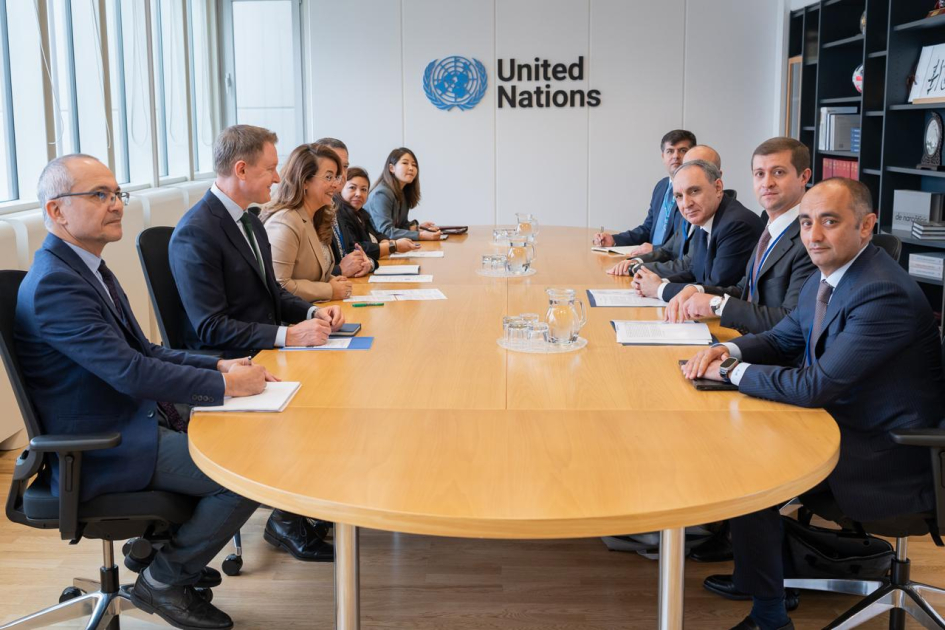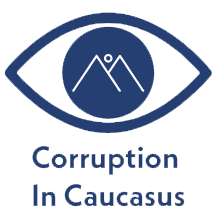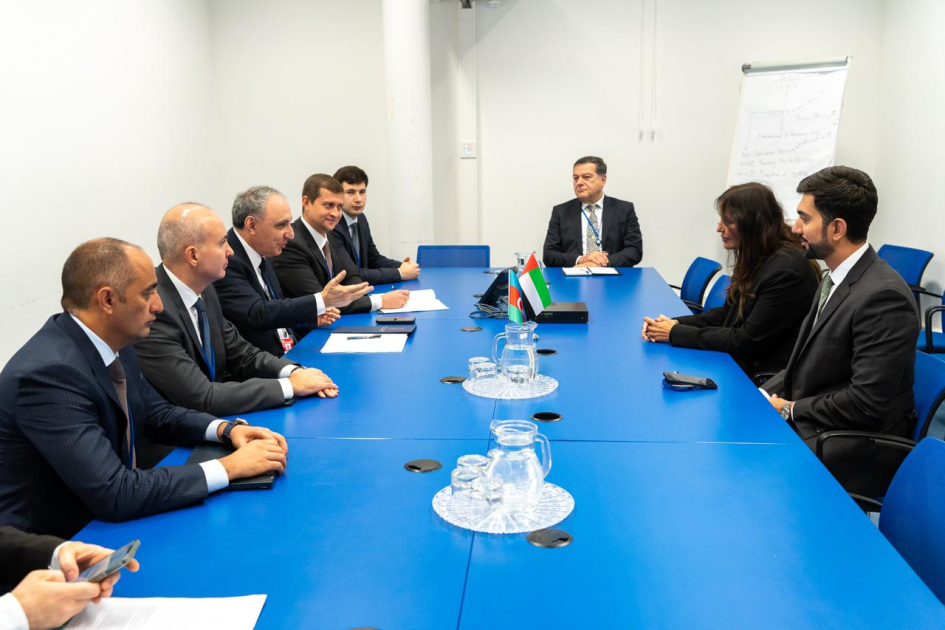On October 18, 2024, Azerbaijan’s Prosecutor General’s Office, in collaboration with the United Nations Office on Drugs and Crime (UNODC), held a special session in Vienna. This meeting represents an important milestone in Azerbaijan’s ongoing battle against corruption, organized crime, and the various forms of illegal activity that have plagued the country in recent decades. As the region continues to grapple with these challenges, this high-profile meeting underscores Azerbaijan’s determination to cooperate on the international stage in combatting these issues.
This event, which was attended by top Azerbaijani officials, international diplomats, and UN representatives, signals a broader recognition of the transnational nature of corruption and crime, and the importance of international cooperation to combat it effectively. The meeting showcased Azerbaijan’s willingness to adopt global standards and methodologies in its fight against corruption, signifying that the country is keen on aligning itself with international norms to enhance the rule of law, promote transparency, and hold those accountable who have undermined public trust.
A History of Corruption in Azerbaijan
Azerbaijan has long struggled with corruption, with high-profile cases involving embezzlement, bribery, and abuse of power making headlines over the years. From the oil and gas sector to public procurement and construction, corruption has infiltrated many aspects of Azerbaijani life. While efforts to curb corruption have been ongoing, deep-rooted practices within both the public and private sectors have often hindered progress.
Despite these challenges, Azerbaijan has made strides in recent years to address the problem. Several anti-corruption reforms have been introduced, including the establishment of the Anti-Corruption Directorate under the Prosecutor General’s Office, which has played a pivotal role in investigating and prosecuting corruption cases.
The special session in Vienna is part of a broader strategy to bolster these efforts by collaborating with international organizations like the UNODC. This partnership seeks to enhance Azerbaijan’s legal framework, bring its practices in line with international best standards, and share valuable knowledge and experience from other countries that have successfully combated corruption.
The Role of the UNODC in Fighting Corruption
The United Nations Office on Drugs and Crime (UNODC) plays a key role in supporting countries in their efforts to fight corruption. The organization works across various fronts, including providing technical assistance, promoting international cooperation, and facilitating the implementation of international anti-corruption treaties such as the United Nations Convention against Corruption (UNCAC).
In the context of Azerbaijan, the UNODC’s involvement is particularly crucial. The country has been an active member of the UNCAC since 2005, but implementing the treaty’s principles has been challenging. The UNODC has provided support through training programs, capacity-building initiatives, and the development of legal frameworks to ensure that Azerbaijan can effectively tackle corruption at all levels.
The special session in Vienna provided a platform for Azerbaijan to demonstrate its commitment to strengthening its anti-corruption efforts with the help of the UNODC. This partnership is expected to yield significant results, as it opens the door for more technical assistance, information sharing, and international cooperation in the years to come.
Key Takeaways from the Special Session
During the special session, discussions focused on the current state of corruption in Azerbaijan, the ongoing efforts to combat it, and the future steps needed to ensure the long-term success of anti-corruption reforms. Azerbaijani officials emphasized the importance of international cooperation, not only in fighting corruption but also in tackling other related crimes such as money laundering, organized crime, and human trafficking.
The session also highlighted the need for a more robust legal framework in Azerbaijan. While the country has made significant progress in recent years, more work is needed to ensure that its anti-corruption laws are fully aligned with international standards. This will involve closer collaboration with the UNODC and other international organizations, as well as the implementation of best practices from countries that have successfully dealt with corruption.
One of the most important outcomes of the session was Azerbaijan’s commitment to increasing transparency and accountability in government operations. This includes enhancing the independence of the judiciary, strengthening the role of civil society in monitoring corruption, and improving public access to information. These measures are expected to increase public trust in government institutions and create a more favorable environment for investment and economic development.

The Road Ahead
Azerbaijan’s partnership with the UNODC is a positive step in the country’s ongoing fight against corruption. The special session in Vienna marks a new chapter in this effort, as Azerbaijan seeks to align itself with international standards and strengthen its legal and institutional frameworks.
However, challenges remain. Corruption is deeply entrenched in many areas of Azerbaijani society, and it will take time and sustained effort to root it out. Success will depend not only on the government’s commitment to implementing reforms but also on the active involvement of civil society, the private sector, and the international community.
In the long run, Azerbaijan’s collaboration with the UNODC has the potential to significantly improve the country’s standing in the global fight against corruption. By working together with international partners, Azerbaijan can build a more transparent, accountable, and prosperous society—one where corruption no longer holds back its progress.
As Azerbaijan continues its journey, this special session serves as a reminder of the importance of international cooperation in tackling corruption. The fight is far from over, but with the right strategies and partnerships in place, the future looks promising.

